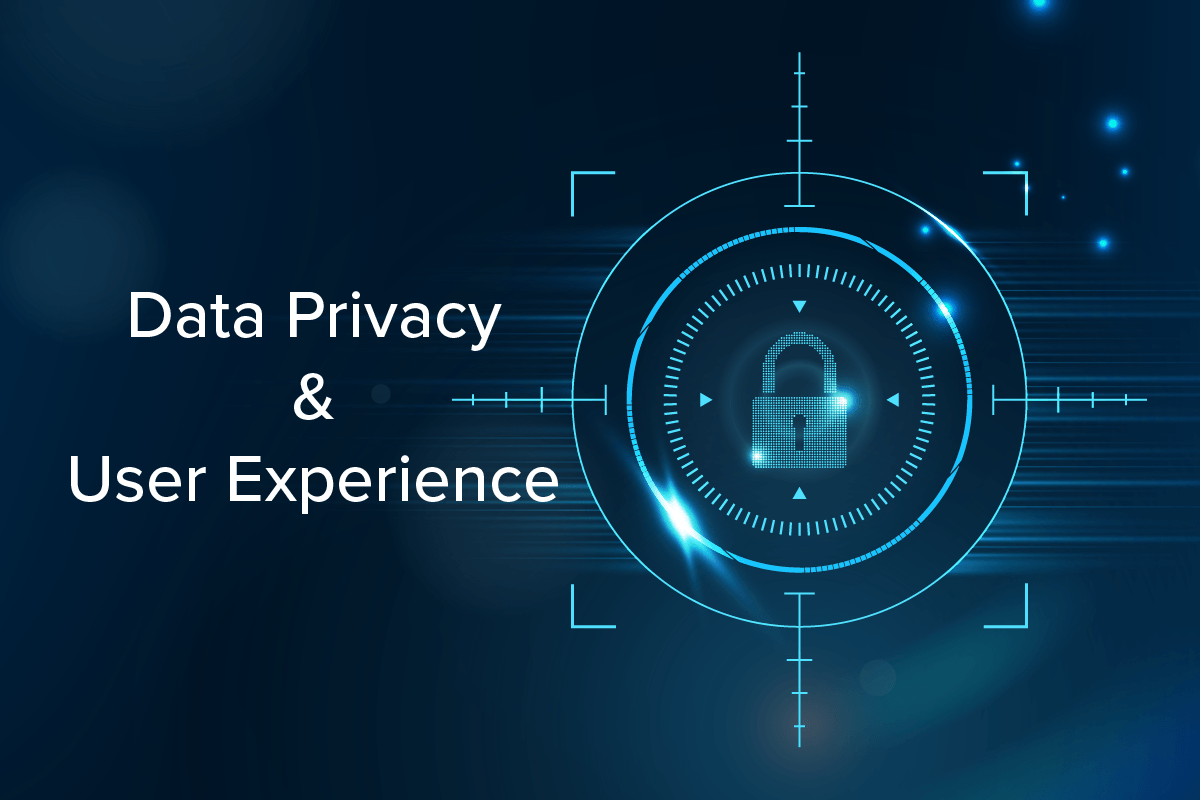
GDPR and the California Privacy Act are thorns in the sides of marketers and developers. But they don't have to be! Just like good user experience is crucial to success and adoption, transparent privacy disclosures drive positive sentiment by increasing acquisition, engagement, and retention.
The European Union passed the General Data Protection Regulation (GDPR) a few short years ago. The U.S followed up with the California Consumer Privacy Act (CCPA). Both of these legislative introductions solicited groans from thousands of web design and development agencies worldwide- me included.
The Internet had basically been the Wild West in terms of regulation and laws. Our biggest challenges were building sites for Internet Explorer and mobile. But now, benevolent leaders around the world said that in order to do business in their countries or state, we had to abide by their rules.
While I saw the implementation of those regulations as a new potential revenue opportunity, they were also just one more thing (a big thing!) in the ever-evolving world of the Internet.
GDPR and CCPA are a new proverbial thorn in the side.
Privacy laws are spreading worldwide. Conducting business in regulated states or countries means having to update your websites or software to abide by new laws. The goal, however, isn’t to place undue burdens on small businesses (although it often feels that way.) The goal is to give consumers and businesses the ability to understand how their data is being stored and shared and, in some cases, giving them the ability to choose how the data is used.
For digital advertising and social media networks, whose goal is to drive engagement and get clicks, data privacy and control seems the most obvious place to start. But these laws also affect every public-facing website, including those of small businesses.
At the end of the day, we’re all consumers. To understand the benefits of these laws and regulations means simply putting on your own shoes and reflecting on your own privacy wishes.
When Apple implemented the ability to block tracking across apps and websites, it was a big step in controlling your data. Now, I always disable tracking when a new app is installed. I haven’t fully researched the implementation of this and whether it is truly blocking app tracking but it’s a good start and makes me feel more in control.
Think With Google released an article recently that interviewed 7,000 people and reported on their findings related to privacy behavior. The research showed people not only want to understand how their personal data is being used, they also want to control how it is being used.
Their research concluded people want data privacy interactions to be meaningful, memorable, and manageable. When individuals know how their data is being used, they are more likely to open ads without reservation because they know the ads will be relevant to them.
Transparent and manageable data privacy can also have a positive impact on customer acquisition and retention. When you acknowledge how you use customer data and how customers can control that data in plain, easy-to-read language, you’re likely to see a boost in both acquisition and retention.
Data privacy increases trust in your company and boosts the likelihood that window-shoppers will become active customers. Regular reminders of data privacy practices with existing customers also increases and maintains trust levels.
The bottom line is that data privacy laws and regulations aren’t going anywhere. It’s time to reflect on what your company does now and how to improve upon it so your competition doesn’t gain the advantage.